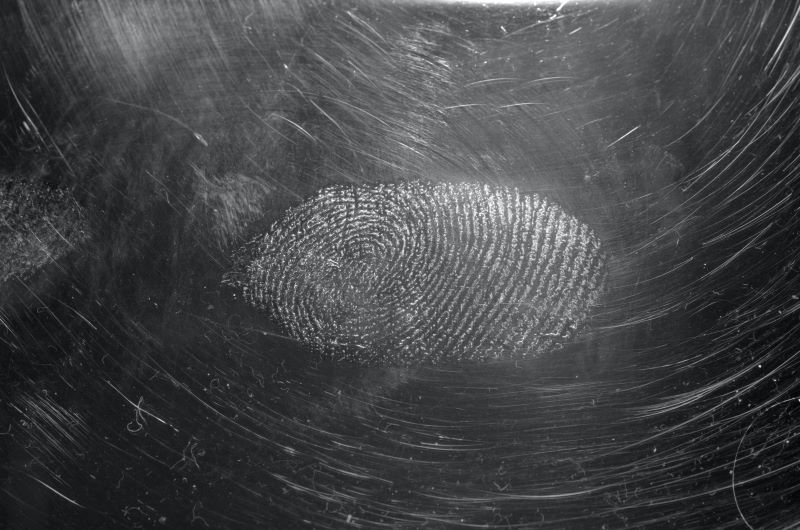Current methods to determine accidental or intentional exposure to ionizing radiation involve drawing the person’s blood for testing at a specialty laboratory and waiting several days for a result. These ‘biodosimetry’ methods, which have been in use for more than 40 years, focus on high dose ionizing radiation exposure from blood-based biomarkers such as DNA, RNA, and protein. Using biodosimetry–measuring biological response as a surrogate for radiation dose—may be difficult to deploy on a large scale for a mass radiological event, or to identify individuals who may have unknowingly come in contact with nuclear material.
To overcome these potential limitations, the Intelligence Advanced Research Projects Activity (IARPA) is seeking novel methods for quantifying lower dose ionizing radiation exposure with its Targeted Evaluation of Ionizing Radiation Exposure (TEI-REX) program. IARPA has selected Signature Science, LLC, and its team comprising Colombia University’s Center for Radiological Research, Georgetown University, and the University of Texas at Austin for phase one of this project, valued at $5,356,122, Austin, TX-based Signature Science announced October 20.
“This research has the potential to enhance the Intelligence Community’s counter proliferation efforts and ability to investigate exposure events.” said Signature Science’s Project Manager, Dr. Curt Hewitt.
Advancements in biological material sampling and analysis techniques are unlocking the potential to detect and extract biomarkers from proteins, peptides, metabolites, and lipids which may be applied to the field of biodosimetry. The Signature Science-led team will assay key signatures of low-dose radiation exposure in common non-invasive sample types (skin and hair) across numerous biochemical, molecular, and physical methods to identify a panel of markers and associated assays to develop a predictive biodosimetry model and software. The research team will apply their combined expertise in the fields of proteomics, lipidomics, metabolomics, and bioinformatics to identify molecular changes in biomarkers reflective of an exposure event and cumulative dose, dose rate, type of dose, and date of last exposure to a radiation source.
“We are excited by the challenge of this work,” said Signature Science’s co-Principal Investigator, Dr. Myles Gardner. “Close collaboration between Signature Science and our team of experts in their respective fields will open the doors for novel and effective solutions.”
Work under the contract will be performed at Signature Science’s headquarters in Austin, Texas; multiple Columbia University Irving Medical Center locations; Georgetown University in Washington, D.C.; and at the University of Texas at Austin.
Source: Signature Science
Like IC News? Then please consider subscribing. You’ll get full access to our searchable library of 10,000+ articles, plus new articles each weekday.









